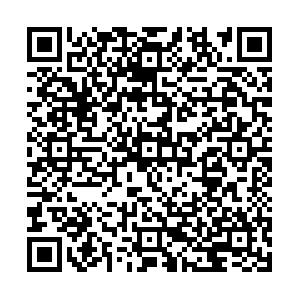康德与福柯:被误读的“启蒙”及其后现代思想效应
Kant and Foucault: The Misread “Enlightenment” and Its Postmodern Intellectual Effects
-
摘要: 康德的《回答这个问题:什么是启蒙?》是一篇被人们广泛讨论和引用的关于启蒙的论文,但是,对这篇论文中的启蒙概念却存在着广泛的误解和分歧,这尤其体现在理性的公开运用和私人运用的区分上。劳尔森的文章《颠覆性的康德:“公共的”和“公共性”的词汇》为我们正确理解这一区分提供了基本的思想史背景。由此,通过联系康德的其他论述,我们才能把握康德启蒙概念的三层完整含义:“自己思维”“站在他人的地位上思维”和“与自身一致地思维”。福柯的《何为启蒙》只是对康德启蒙概念第一个层次的基于其解构主义立场的片面理解,由此,也就显示了被误读的“启蒙”的后现代思想效应。Abstract: Kant‘s essay “An Answer to the Question: What is Enlightenment?” is widely discussed and referenced in the discourse of Enlightenment.However,there exists a widespread misunderstanding and divergence regarding the concept of Enlightenment in this essay,particularly manifested in the distinction between the public and private use of reason.Laursen‘s article,“The Subversive Kant: The Vocabulary of ‘Public’ and ‘Publicity’”,furnishes us with a foundational intellectual historical context for comprehending this distinction accurately.Therefore,by connecting Kant‘s other discourses,we can grasp the three-layered complete significance of Kant‘s concept of Enlightenment: “thinking for oneself”,“thinking into the place of the other”,and “thinking consistently with oneself”.Foucault‘s “What is Enlightenment?” represents a partial comprehension of Kant‘s first layer of Enlightenment through the lens of his own deconstructive stance.Thus,it also demonstrates the postmodern intellectual effects of the misread “Enlightenment”.
-

 点击查看大图
点击查看大图
计量
- 文章访问数: 1349
- HTML全文浏览量: 259


 下载:
下载:
 沪公网安备 31010102003103号
沪公网安备 31010102003103号